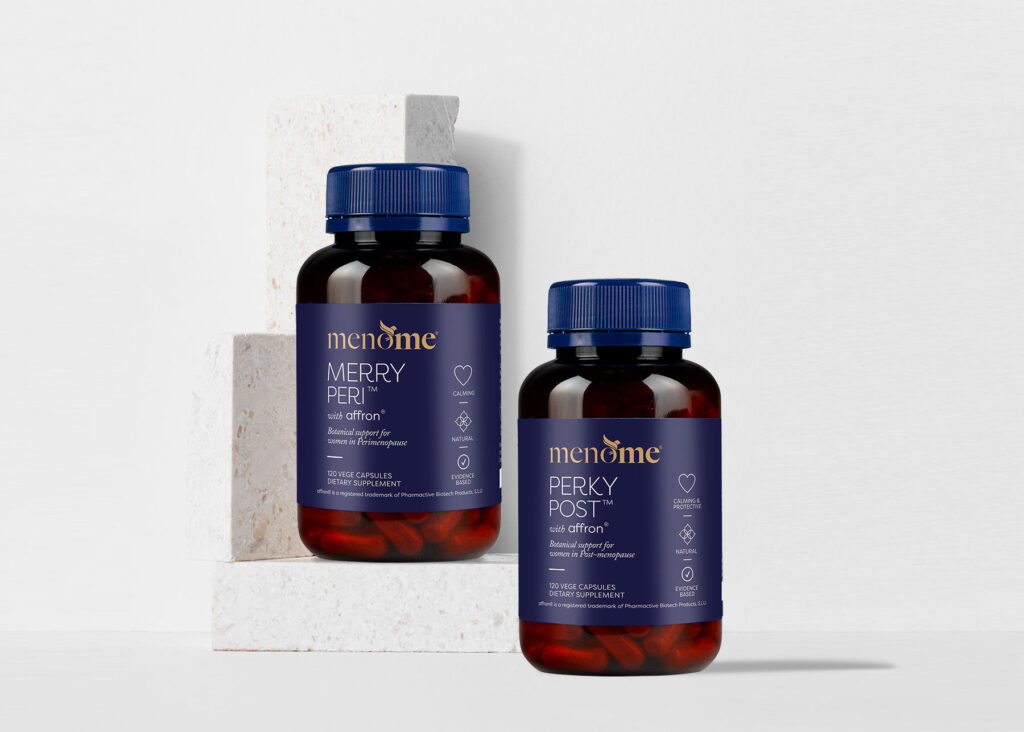Easter’s on the way with all of its chocolate Easter egg temptation which isn’t kind to hormones or waistlines. So we’ve got you covered with a healthier, kinder-to-hormones option – Banana Boats!
Is that a groan we hear from the sugar fiends? We’re sorry to break the news, but lots of sugar does you no favours.
And especially in perimenopause / menopause.
So why look for an Easter egg alternative like Banana Boats?

The truth is our bodies are going through a lot of biological changes during the menopause transition and we naturally become more resistant to insulin.
And if you eat a diet high in added sugars or refined carbohydrates (because these turn to sugar in the body) insulin resistance is more likely.
To clarify, this means insulin can’t do its job of escorting the energy from food to your cells properly. As a result, insulin circulates and is stored as fat.
In addition, too much sugar can play havoc with your mood, restorative sleep and circadian rhythm. Further, insulin resistance can also lead to type 2 diabetes, cancer and heart disease down the road.
Swapping your traditional Easter eggs with these Banana Boats will help you avoid this in a delicious way. And small changes lead to big benefits in peri and post-menopause.
How much sugar should you be consuming?
The World Health Organisation recommends limiting sugar to six (6) teaspoons per day for women.
However, the average person who eats processed foods and a modern diet easily consumes 10 x that.
A menopause note:
If you’re experiencing menopause signs like sleep difficulties, stress and mood swings and you’re eating refined sugar it’s likely a contributor.
Furthermore, your sugar cravings could well increase.
Too much sugar can create a biochemical dependency in the brain.
So, it makes a good case for swapping out your chocolate Easter eggs. And these Banana Boats will still tantalise your sweet tastebuds.
Did you know? Chocolate is the most common menopausal craving!
Banana not your cup of tea?
No problem, just have a couple of squares of over 70% dark chocolate to satisfy your cravings.

The bonus is dark chocolate is low in sugar, may help your blood sugar levels (insulin) and it’s rich in magnesium.
Magnesium is something every human needs and particularly women at any stage of menopause.
Read: Are You Getting Enough Magnesium?
Banana Boats
Like anything you don’t want to overdo these Banana Boats, but they are a super delicious sweet treat. And they’re super duper simple!
Plus the kids and grandies should love them too.
A few nutrient benefits of banana
- Rich in potassium
- May help blood sugar (insulin)
- Assists blood pressure
- Benefits heart health
- Nurtures the nervous system
Indeed, these Banana Boats will serve you up gut-loving fibre which most of us don’t eat enough of as well as protein and good fat from the nut butter. Plus the boats tick the PPFF box. (Phytoestrogens, Protein, Fat, Fibre)
Read: How Food Can Help You Have Your Best Menopause | Meet PPFF
Ingredients
Serves 1
- 1 banana
- 1 tbsp good quality peanut butter such as Pic’s or Fix & Fogg (Fix & Fogg’s Everything Butter would be a great nutritional substitute)
- 1 tbsp goji berries
- 1 tbsp desiccated coconut, unsweetened
- 1 tsp hemp hearts
- 1 tsp cacao nibs or finely grate over 70% dark chocolate
- Optional: 1 tsp toasted sesame seeds for extra phytoestrogen value
What you need to do:
1. Peel and slice the banana in half lengthwise.
2. Top the banana with peanut butter and sprinkle over all the remaining ingredients.
3. Serve immediately.
- Gluten-free
- Dairy-free
- Vegan
- Quick
- Contains nuts













